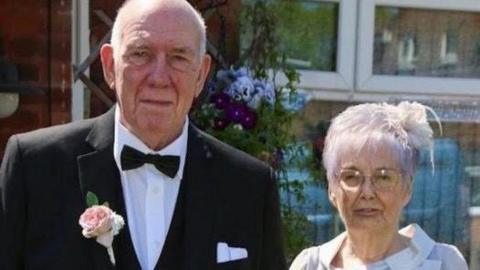But consultant anaesthetist Dr Marks warned the lack of a national scope of practice - with clear limits and standards - would still put patients at risk.
He said a lack of supervision for PAs had been a "key feature" in recent high-profile cases, including the death of 30-year-old woman from Salford.
"In each one of them, had a doctor been more closely involved and seen what was going on, they would have made changes to that patient’s care," he said.
"What we're most concerned about is that you've got a big increase in numbers of PAs who don't have the depth of understanding because of their background, and who are going to be let loose on the public without adequate supervision."
Mr Marks was also worried about the fact that while doctors receive seven years of training, PAs receive two.
"What you don’t know, you don’t know," he said, with PAs "not having the skills or experience" to diagnose patients with varying levels of complexity.
The Academy of Royal Colleges has also called for an independent review into the use of associates because of an "increasingly acrimonious and destructive debate".
A Department of Health and Social Care spokesperson said: "Our deepest sympathies are with Susan’s family and friends.
"Patient safety is our top priority. We are urgently working with the NHS to ensure that physician associates are supporting, not replacing, doctors."
NHS England said it had issued "updated guidance on the appropriate deployment of medical associates" and would provide increased clarity about their roles.
